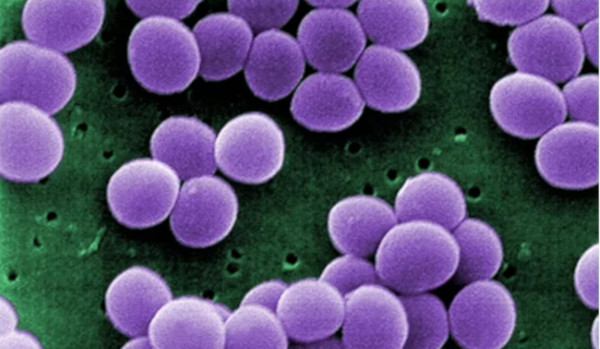We’ve occasionally relayed to you snippets of good news that the scientific community has uncovered about how a healthy gut microbiome helps your body stay healthy overall. Lately, there has been a fresh spate of findings that haven’t received the kind of coverage they deserve…
 A healthy, diverse gut microbiome can contribute in many ways to your overall
A healthy, diverse gut microbiome can contribute in many ways to your overall
health and well being. In fact, more connections are being found every day…
Red Wine good for your Gut
Red Wine drinkers have more-diverse Gut Microbiomes (GMs) than non-Red imbibers, a new study from King’s College London. GM diversity is considered a reliable indicator of overall health.
Study First Author Dr. Caroline Le Roy said: “While we have long known of the unexplained benefits of Red Wine on heart health, this study shows that moderate red wine consumption is associated with greater diversity and a healthier gut microbiota that partly explain its long debated beneficial effects on health.”
The authors believe the main reason for the association is due to the many polyphenols in Red Wine. Polyphenols are defence chemicals naturally present in many fruits and vegetables. They have many beneficial properties (including antioxidants) and mainly act as a fuel for the microbes present in our system.
New studies reveal how gut microbes effect metformin treatment
Metformin is a drug commonly prescribed as part of a regimen to control type-2 diabetes. How it works remains, at least in part, a mystery. But investigators at the MRC London Institute of Medical Sciences and Imperial College, and Christoph Kaleta from Kiel University in Germany, have shown how healthy gut bacteria can help Metformin do its job in controlling blood sugar levels.
Turns out that healthy gut bacteria manufacture metabolites that increase the effectiveness of metformin.
The function of the gut microbiome is known to be regulated by both diet and drugs such as the drug metformin, which is used to treat type-2 diabetes and has been shown to extend the lifespan of several organisms. However, understanding the complicated, multi-directional relationships between diet, drugs and the gut microbiome represents a considerable challenge, the Study abstract explains.
Healthy Gut Microbes could help fight Alzheimer’s
A healthy gut microbiome could also be key to reducing the risk of Alzheimer Disease, researchers at Wake Forest Baptist Medical Center report.
Through cross-group dietary intervention, the study also showed that a modified Mediterranean-ketogenic diet produced changes in the gut microbiome and its metabolites that correlated with reduced levels of Alzheimer’s markers in the members of both study groups.
“Our findings provide important information that future interventional and clinical studies can be based on,” Dr. Hariom Yadav said. “Determining the specific role these gut microbiome signatures have in the progression of Alzheimer’s disease could lead to novel nutritional and therapeutic approaches that would be effective against the disease.”
One thing in common…
All three of these studies have one feature in common: They are breakthrough events that beg further research to enrich our understanding their results, and suggest practical ways to carry through their potential benefits from the lab to the pharmacy. The bottom line is, there is no ‘magic bullet’ for the diseases that effect modern society the most. Heart health, brain health, obesity and more all seem to share the characteristic that the more we learn about them, the more we discover there is to know.
Folks on the street often pooh-pooh the kind of ‘ivory tower’, ‘egghead’ science we’ve showcased today. But let’s not slack off on basic research – the kind often conducted on mice and fruit flies – no matter how boring or incomprehensible it may seem to non-scientists and the those who will eventually benefit from the inevitable discoveries.
In layman’s terms: the more we discover about our bodies, the more evidence we uncover to support the old truism that ‘we are what we eat’.
~ Maggie J.

